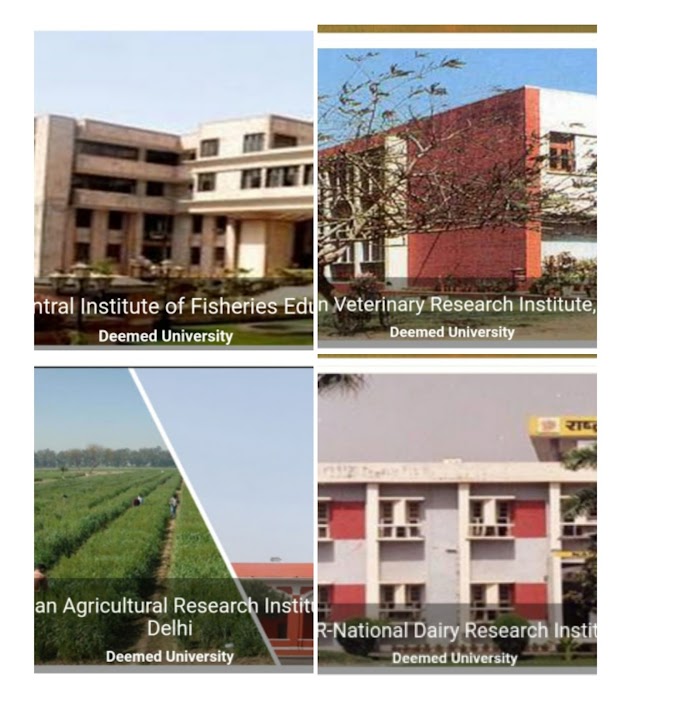Hi everyone , You might aware of the farmers protest going on at the Delhi borders against the central governments three new farm bills. It has been more than 20 days farmers were at the borders. As a result of blockage transportations, supply of commodities become difficult. Many economists wrote letter to agriculture minister expressing their views/opinion about new farm laws. In this bog we gone discuss about the topics.
Highlights:
* Farmers protest
* Supreme courts initial judgement on farmers protest
* Economist Opinion on farm laws.
Farmers Protest at the borders :

(Image Credit : Hindustantimes.com)
As we know that farmers have been protesting in different parts of India against the central government’s newly passed farm laws. Many rounds of discussions were held between the government and protesting farmers but they were not successful. Government is of opinion that farm laws were in favour of the farmers and these reforms will helps the farmers to increase their income and It says that government is ready to talk with farmers on all issues. On the other hand farmers said that the farm laws were not helpful to them and they said that they will continue the protest until these laws were not taken back by the government .Tussle between government and farmers is going on. Farmers from other states have also join the protest. Farmers told that they will going to block other borders connecting Delhi and they even tried to block the toll-plaza in Haryana. Even in this serious cold weather and pandemic situation farmers were protesting at the borders.
Protest – Petition and Supreme Court:
With continued protest at the boarders many petitions have
been filed in the Supreme Court to move the farmers from the borders and to
open up the Delhi boarders. Petitioners have claimed that due to protest there
was problem of shortage in supply of commodities from Haryana and Punjab and
Rise in prices of commodities were seen along with problems in transportation
through these boarders. Government is of concern that farmers may get infected
during this pandemic situation.
Supreme Court’s Judgment:
After hearing from the petitioners and government’s side the court said that it will not interfere with the protest in question. Court said that protest is constitutional as long as it does not damage property and lives. “Yes, there is a protest that is going on... Yes, the protest is constitutional as long as it does not damage property and lives. It is an absolutely perfect protest. But their (farmers) purpose cannot be realized if they continue to sit without talking”, the CJI observed. The court reiterated its suggestion of forming an “impartial and independent committee” of experts in agriculture to hear both farmers and the Union government on the laws. The committee can give its opinion after hearing from both sides.
Court said that at this stage that the
farmers’ protest should be allowed to continue without impediment and without
any breach of peace either by the protesters or the police”.
Economists Opinion/Views on Farm Laws:
With ongoing farmers’ protest on the outskirts of Delhi, 10
senior economists from institutions in different parts of India have written a
letter to Agriculture Minister Narendra Singh Tomar, demanding the repeal of
the Modi government’s three contentious farm laws. They were of opinion that the
new farm laws were not in the best interests of the small and marginal farmers
of the country, and about which a broad section of farmer organizations have
raised very critical objections.
 |
| (Image Credit :firstspot.com) |
5 Reasons quoted by the economists to say why laws are
fundamentally harmful.
1. If we look at the laws the central government seems to
have more power than state government, even though agriculture being in the
concurrent subject list. Economist argue that these laws, undermine the role of
state governments, which are far more accessible and accountable to farmers’
interests than the central government.
2. Through the farmers produce trade and commerce bill,
government is allowing to create two markets with two rules — “a practically
unregulated market in the ‘trade area’ side by side with a regulated market in
APMC market yards, subject to two different acts, different regimes of market
fees, and different sets of rules”.
3. By creating fragmented markets, and the experience in
Bihar (which removed the APMC Act in 2006) shows that farmers have less choice
of buyers and less bargaining power, resulting in significantly lower prices
compared to other states.
4. Even though the
farmers (Empowerment& Protection) bill is looking promise able and strong
on paper, the economic argue that this law will bring in unequal players in
contract farming, so farmers’ interests aren’t protected.
5. And finally, the
laws bring in concerns about domination by big agricultural businesses.
Economists said that
mere amending the clauses in the new laws isn’t enough, urging the government
to withdraw them. They have suggested that the government to hold extensive
consultations with farmer organizations and other stakeholders on what measures
would really bring equitable and sustainable benefit to the farmers and the
economy





0 Comments